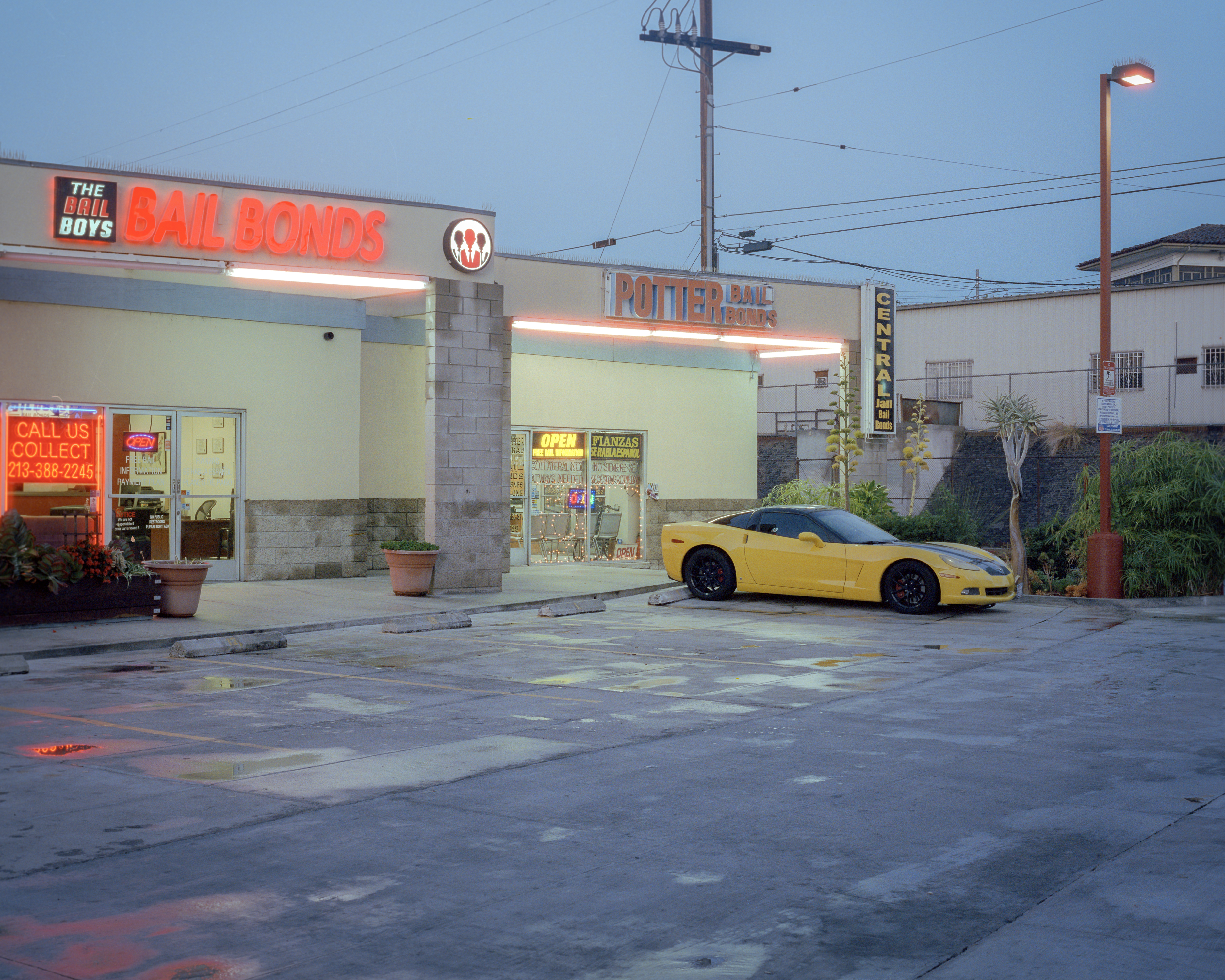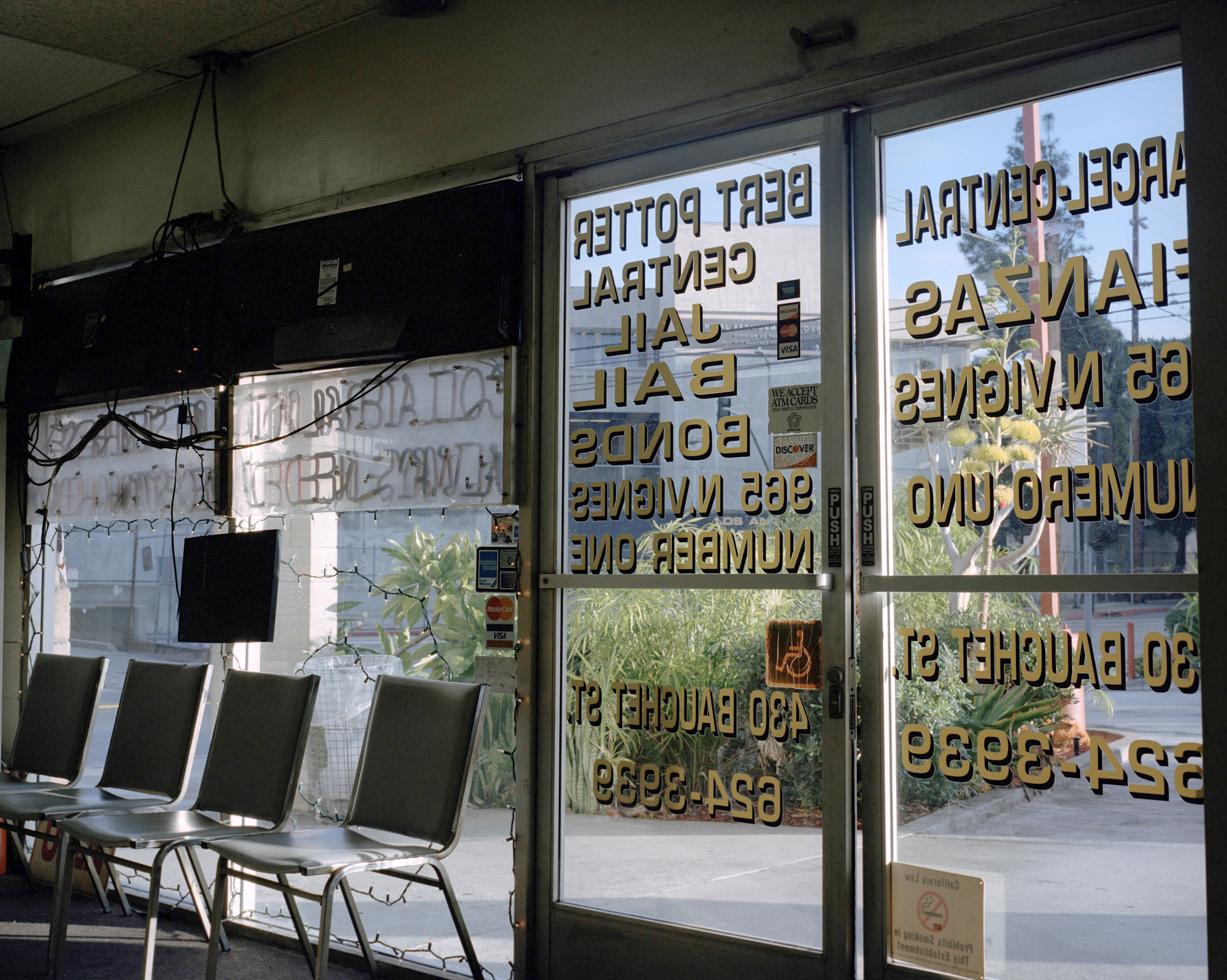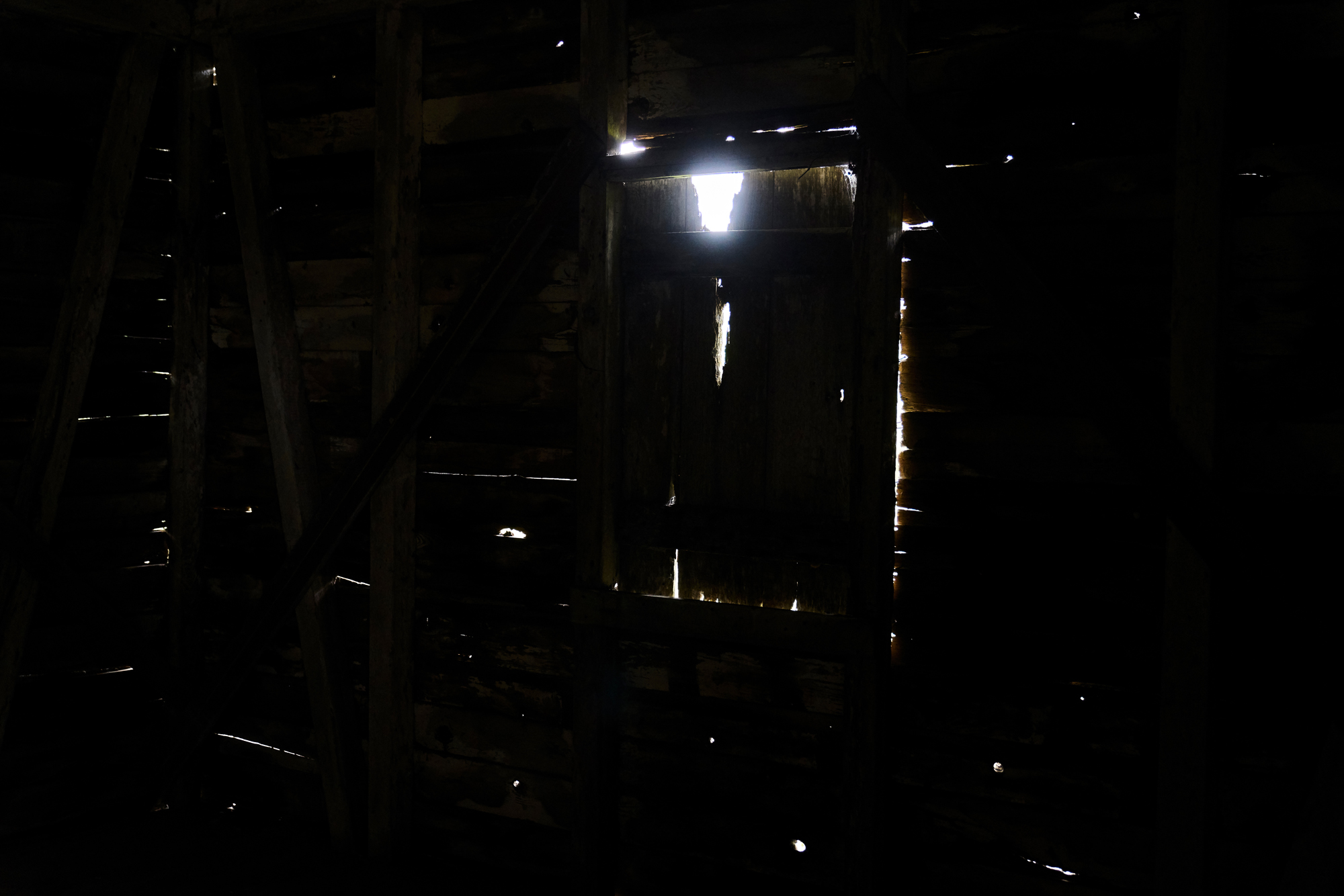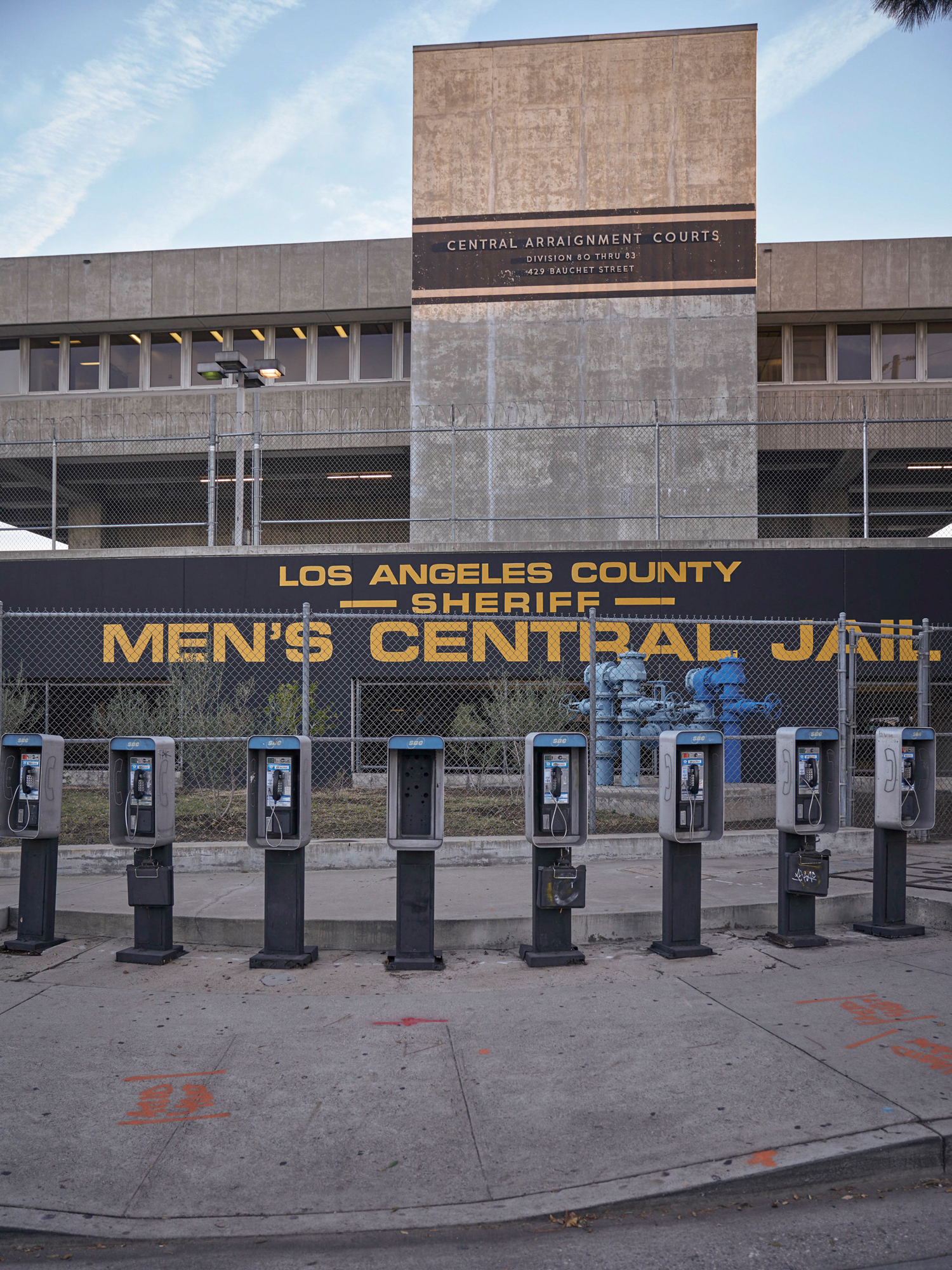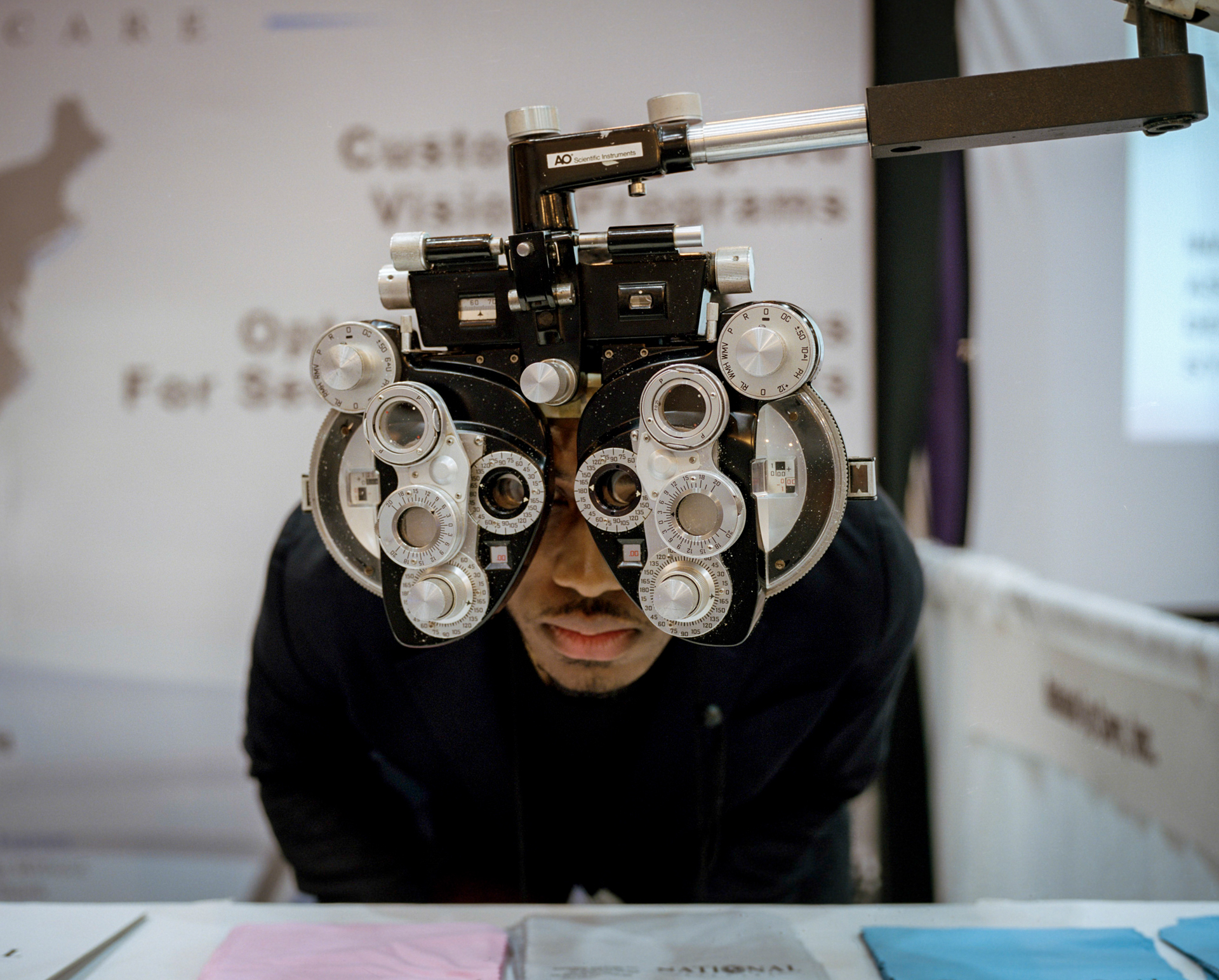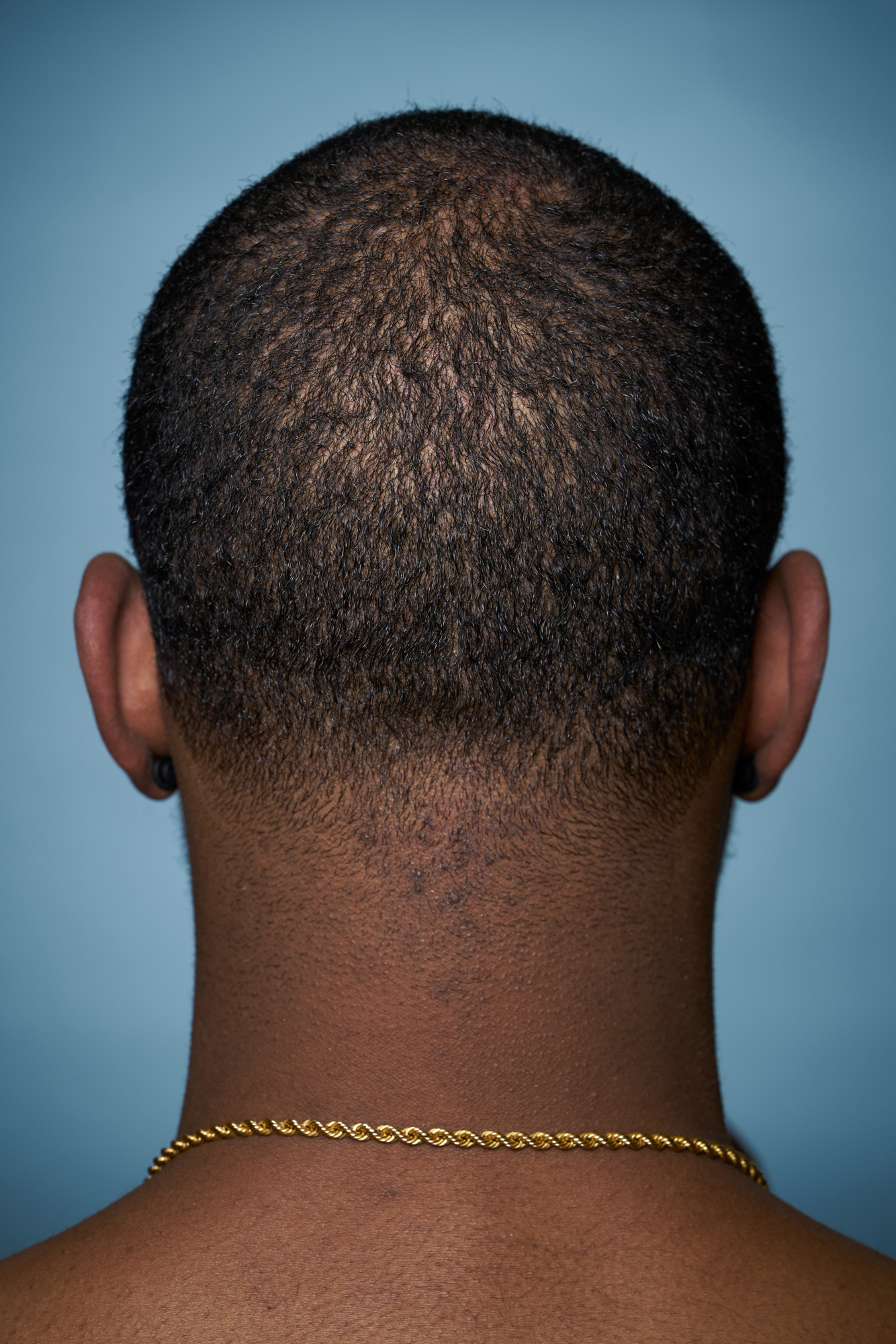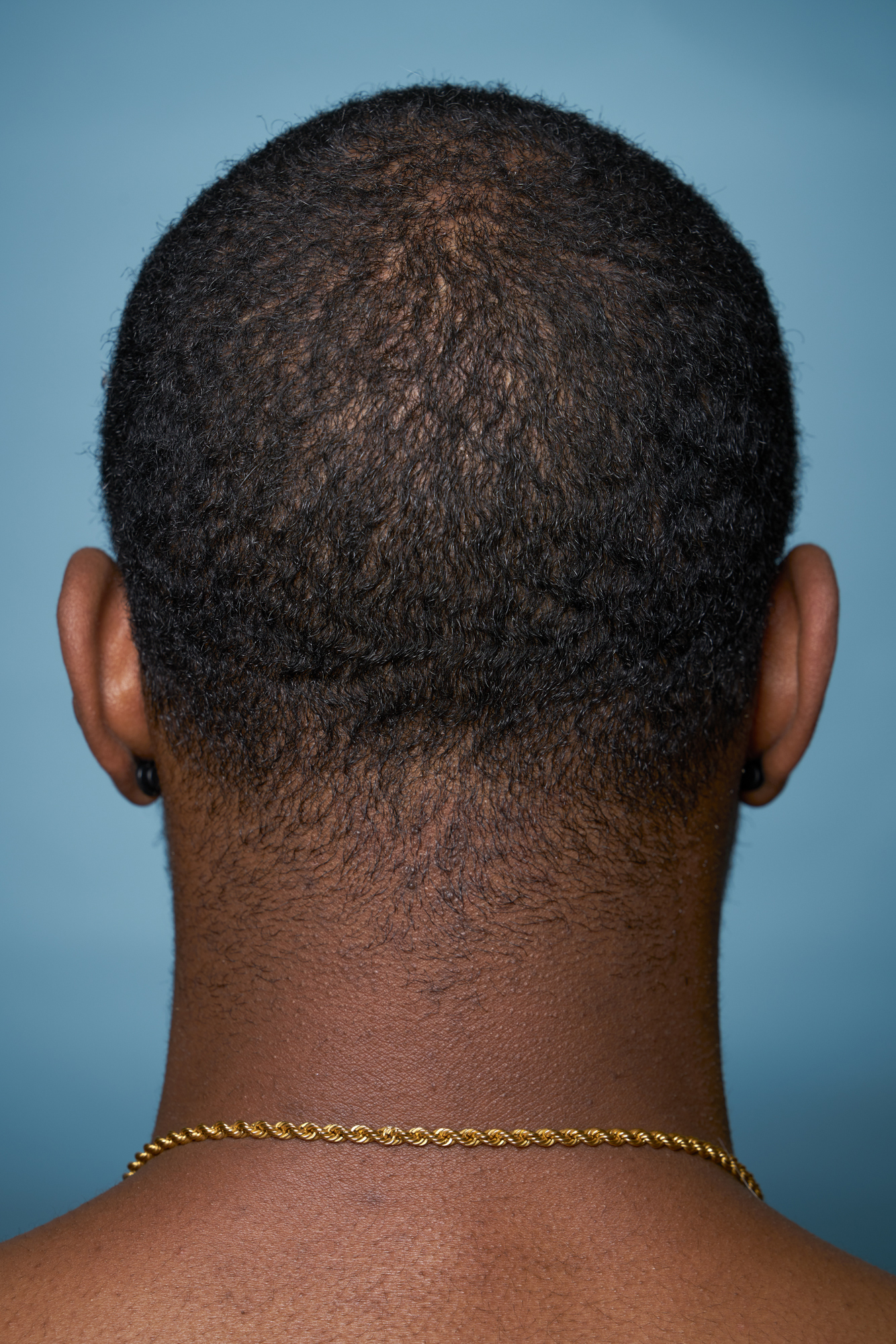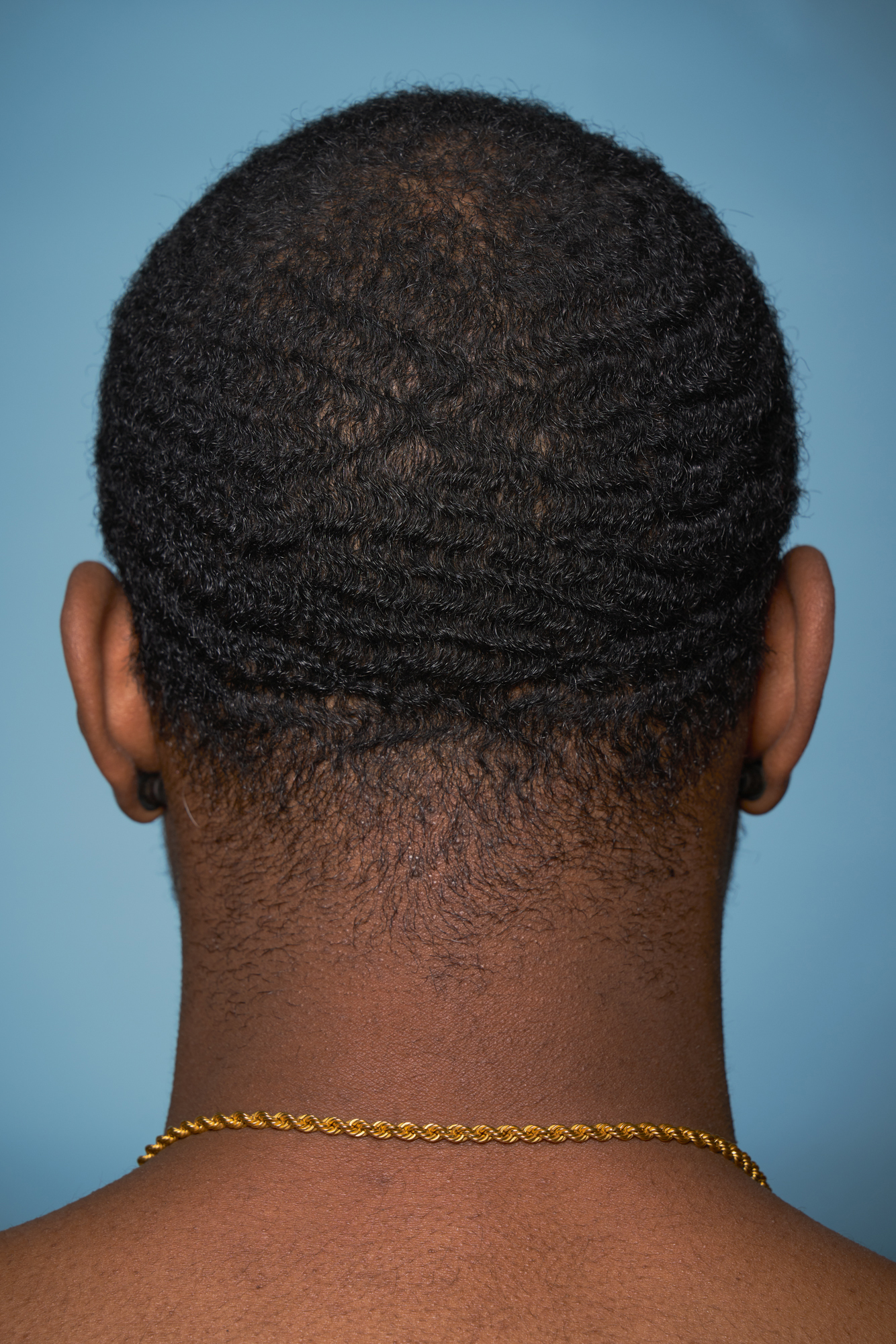Steph Foster is an interdisciplinary artist specializing in photography, with interests in video, installations, music, digital fabrication, sculpture and performance. His recent work combines sounds and music with visual media to tell stories of mass incarceration and reconciliation within urban communities.
Steph holds an MFA from the Rhode Island School of Design (2019) and a BA in Studio Art from Michigan State University (2015). He is a recipient of the Snider Prize from the Museum of Contemporary Photography, the T.C. Colley Award for Photographic Excellence, and the Stinnett Award from The Philadelphia Museum of Art.
e: steph@stephfosterstudio.com
ig: @parisiendurag
cv
One of the most pernicious aspects of our prison system is how it renders people invisible and inaudible so that their stories are hidden from our collective understanding. This allows the perpetuation of exploitative and abusive systems that disproportionately affect people of color, as their experiences are systematically hidden from view.
The Eyes Beneath the Oak features a collection of mixed media artworks that speak to, without defining, the American black experience. These artworks bring to the foreground the deliberate and systematic exploitation of black bodies, especially pertaining to the legacy of slavery and its relationship to mass incarceration. Bondage and economic exploitation have long been hallmarks of white supremacy, and this project offers a unique look into the world of prison trade shows, monuments of slavery turned into tourist attractions, and the commercialization of incarceration through the bail bonds industry.
This is a project inspired by my family, and our collective and individual negotiations of my aunt’s incarceration for the last eight years. For me personally, the disproportionate jailing of black men and women tells a story about a legacy of degradation and dehumanization that began in slavery and continues today. It is a legacy that I am intimately acquainted with as a black man, but I recognize that while it in many ways frames my personal narrative, it does not define me. I hope to empower others in similar positions to participate in self-authoring, and creating an image of blackness that is complex, messy, painful and sometimes contradictory, but also joyful and resilient.
The aim of this thesis is to excavate the systems and legacies of oppression through analysis of the systems themselves. By reimagining and reconstructing the institutional designs, it becomes apparent that systems are highly engineered, but one could say that they can also be reversed engineered. Hence, by creating a space through photography, video, poetry, and audio narratives, I hope to assist in the production of knowledge about the intimate experiences of incarceration, in order to reaffirm the humanity of prisoners, and themselves as imperfect individuals with hopes, fears, regrets and dreams for their futures. My goal is to frame these personal narratives within the larger contexts of racism, slavery, surveillance, and capitalism opposed to the continued imagery of more black faces in orange jumpsuits."
